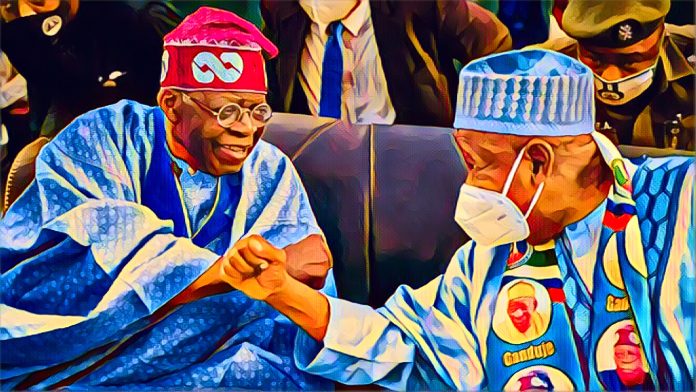In democratic systems, the simultaneous service of presidents and governors as leaders of political parties presents significant legal and ethical challenges. Although there are no explicit legal prohibitions against such roles, this duality often blurs the lines between executive authority and partisan objectives, potentially undermining governance, especially in times of conflict.
This dual capacity raises substantial moral and legal questions, as it could lead to conflicts of interest and negatively impact transparency and accountability. Critics argue that this overlap between serving the public interest and advancing political agendas can result in decisions that favor partisan goals over the broader welfare of society. Such concerns underscore the need for clear guidelines, ethical standards, and robust oversight to maintain democratic values and public trust in governance.
Conversely, proponents of this practice argue that there is nothing inherently inappropriate about a president or governor leading their political party, viewing it as a normative aspect of political processes worldwide. In many presidential systems, the leadership structure within parties can vary; sometimes, the incumbent president might take a less prominent role or might automatically assume the de facto leadership based on established norms and practices.
In Nigeria, it is common for the president to serve as the leader of their party, although this is not always the case. For instance, during President Muhammadu Buhari’s tenure, Bola Ahmed Tinubu held the position of national leader of the All Progressives Congress (APC), a title not formally recognized by the party’s constitution, while Buhari was the president. Despite this, party officials typically deferred to Buhari in their daily operations. This arrangement also occurs at the state level where governors do not automatically take up their party’s leadership, such as in Benue.
The APC constitution details the party’s organizational structure, assigning key roles to various party members, including past and present presidents, governors, legislators, and party officials. This framework does not explicitly designate the president or governor as the leader, which has led to disputes over leadership roles, as evidenced by the ongoing conflict between Benue Governor Hyacinth Alia and Secretary to the Government of the Federation, George Akume.
In other states, leadership dynamics vary. In Borno State, Vice President Kashim Shettima leads the APC; in Yobe, former Governor Ibrahim Gaidam is at the helm; and in Sokoto, Aliyu Magatakarda Wamakko leads. These examples highlight that leadership can differ significantly from one state to another.
However, in states like Nasarawa, Gombe, Kaduna, Abia, and Imo, governors typically assume leadership roles within their party structures seamlessly. This recognition often reduces internal party conflicts over power sharing and control, fostering a more unified party structure.
Despite the lack of a formal designation in national or state-level party constitutions as leaders, political analysts often view leadership as depending on individuals’ influence over political structures within their respective states or countries.
Legal perspectives vary on this issue. Lawyer Omale Ajonye asserts that there is nothing illegal about presidents or governors serving as party leaders, describing it as a conventional practice among political parties to ensure smooth operations. However, Ajonye acknowledges that this can jeopardize the public interest, as leaders might prioritize personal or political interests over public service, potentially violating their oaths of office.
Another legal expert, Festus Onifade, agrees that the law does not prohibit a President or Governor from concurrently acting as leaders of their respective political parties. Onifade emphasizes the challenge of balancing interests and managing conflicts within political parties, highlighting the need for political neutrality in governance institutions.
Onifade notes that while the practice may not be illegal per se, it could raise ethical questions about the separation of powers, the extent of executive authority, and fairness in making critical political decisions that may impact party members.
Lawyer Marvin Omorogbe further clarifies that no law explicitly forbids presidents from assuming leadership of their political parties, provided it is not a paid position. He references Section 138 of the 1999 Constitution, which prohibits the President from holding any executive office or paid employment, a prohibition that also applies to governors under Section 183.
Omorogbe explains that “executive office” in this context refers to a public office requiring the president or governor to perform daily tasks or receive remuneration. He adds that courts have interpreted these sections to include private businesses as well.
In practice, presidents and governors often serve as political leaders of their parties, although party constitutions do not explicitly mandate this role. This practice, while widespread, does not always foster internal democracy within parties, as party organs often defer to the considerable powers wielded by these leaders.
The complex interplay between holding executive office and leading a political party continues to provoke debate among legal experts, politicians, and the public. The lack of explicit legal guidelines means that the practice will likely persist, underscored by the substantial influence that these leaders hold within their parties and the broader political landscape.



